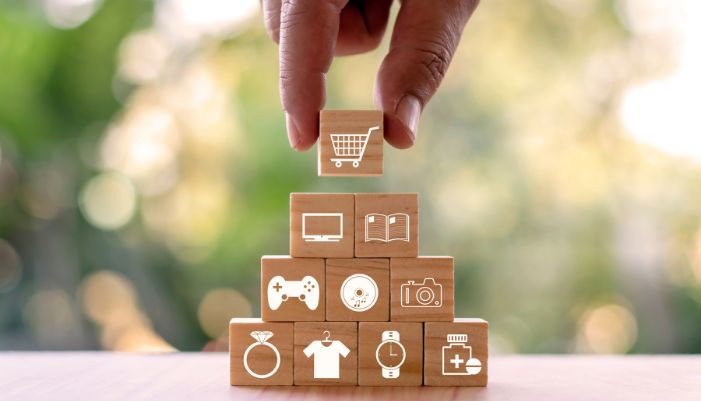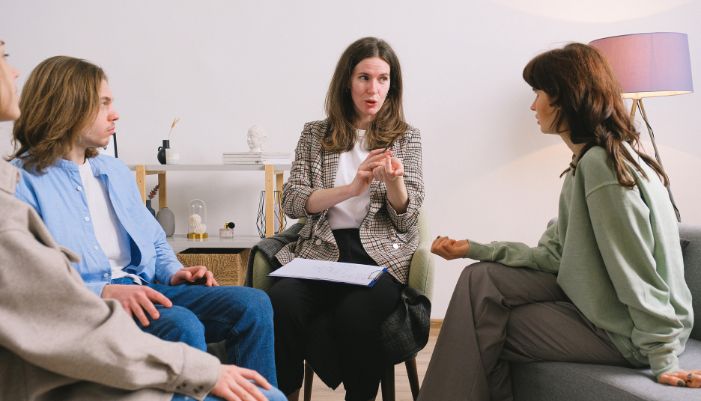Better Buys Begin with Clear Decisions in 2025
Buying things seems easy. You pick something, pay, and that’s it. But many of us end up feeling sorry later. Maybe the product didn’t work. Maybe it cost too much. Or maybe we didn’t really need it.
This guide will help you think before you buy. We’ll talk about how to make good choices, save money, and feel good about what you buy. Because making a good purchasing decision requires clarity—knowing what you want, why you want it, and what it will do for you.
What Does Clarity Mean When You Shop?
Clarity means being clear in your mind. It means knowing:
- What you need
- Why you need it
- What you expect from it
When you know these things, it’s easier to pick the right item. You don’t get distracted by flashy ads or sales that seem too good to miss.
Step-by-Step: How to Make a Smart Purchase

Let’s look at simple steps that help you buy better. These steps work for both small things and big items.
Step 1: Know What Problem You Want to Fix
Think about what you’re trying to solve. Don’t just say, “I want a phone.” Ask yourself, “What do I want my phone to do?”
Example:
You need a phone to make calls, take clear photos, and last all day. You don’t need a phone with fancy games or a foldable screen if that’s not your thing.
Step 2: Set a Budget You Can Afford
Decide how much money you can spend. Make sure it’s an amount you’re okay with. Try not to spend more just because the item looks cool.
Tip: Leave room for extras. Sometimes things need batteries, cables, or cases. These small costs add up.
Step 3: Look at a Few Options
Don’t buy the first one you see. Look at at least two or three items. Compare:
- Prices
- Features
- Reviews
- Warranty
Make a simple list if it helps. When you see them side by side, it’s easier to spot the best one.
Step 4: Read Reviews Carefully
Many people write reviews after they buy things. These can help you. But don’t only read the best or worst ones. Read the ones in the middle. They often tell the full story.
Look for:
- How long the product lasted
- Problems others faced
- If they would buy it again
Step 5: Wait Before You Buy
If it’s not urgent, wait a day or two. Give yourself time to think. You might feel different tomorrow. Waiting helps you avoid buying things just because they look fun in the moment.
What Happens When You Buy Too Fast?
We live in a world where you can buy with one click. But fast buying often leads to bad results.
Quick Buys = Quick Regret
You see a sale. You feel excited. You click “Buy.” But days later, you feel unsure. Maybe it doesn’t work well. Maybe you didn’t really need it. Slowing down helps stop that.
Feelings Can Trick You
We all like new things. Ads know this. They show happy people using shiny stuff. That makes you want it too. But feelings fade. Be sure the item fits your real need.
How to Tell If a Buy Is a Bad Idea

Sometimes you need a red flag—a small warning sign. Look for these signs before you buy.
You Feel Rushed
If someone says “Hurry up, this deal ends soon!”—pause. Good things can wait. Don’t rush. Think first.
You Don’t Know the Return Rules
If it’s hard to return the item, think twice. A good seller tells you how to return things clearly and simply.
The Deal Looks Too Good
If the price is super low, stop and check. It might be fake. Or low quality. Or from a site you can’t trust.
Buying With Your Values in Mind
Good choices are not just about price. They’re also about how and where something is made.
Buying From Brands That Do Good
Some brands care about the planet. They use safe materials and treat workers well. These brands may cost more. But they often last longer and feel better to use.
Shopping Local
Buying from small or local shops helps people in your area. You might also get better service and cool, one-of-a-kind products.
Crypto30x.com Gigachad: A New Era of Crypto Trading with High Leverage in 2025
Easy Tips to Be a Smarter Shopper
Here are some fast ways to help you buy better:
- Use price check tools. Some apps show you if the price was lower last week.
- Buy at the right time. Some items cost less in certain seasons.
- Ask people you trust. Friends or family may have bought the same thing.
- Watch short video reviews. Seeing the item in action can help you decide.
Conclusion
You don’t need to fear buying things. You just need to think before you do it. Making a good purchasing decision requires clarity. Ask questions. Look at your needs. Compare. Then buy.
When you shop with a clear head, you buy things that really help you. You feel good, save money, and avoid regret. And that makes every purchase worth it.